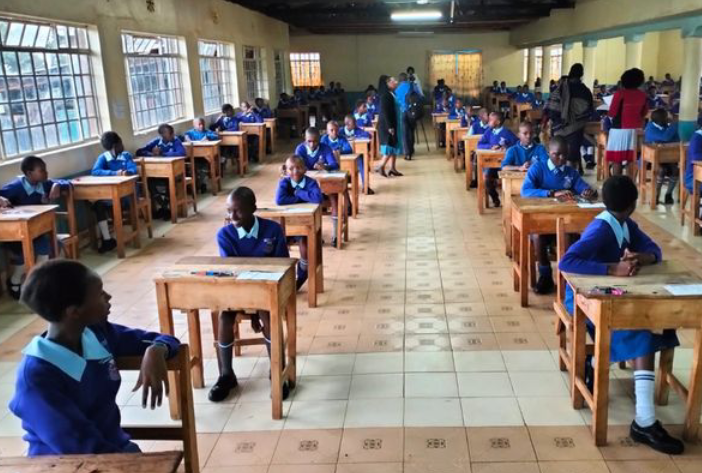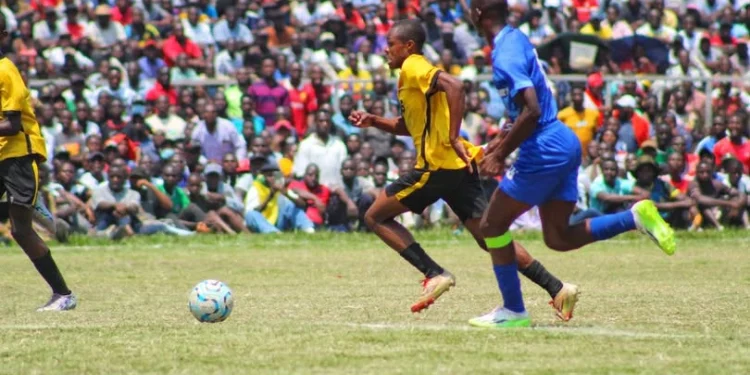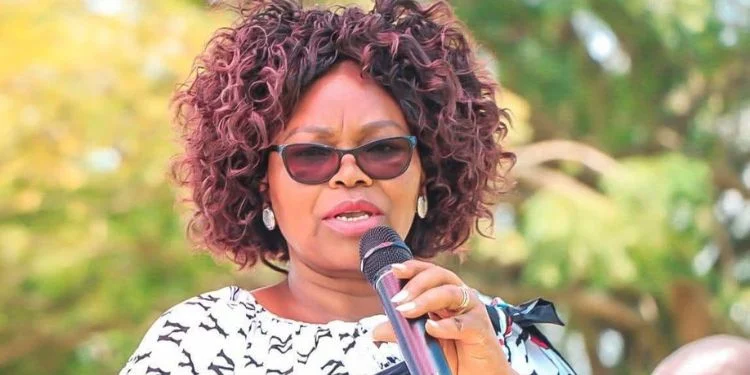More than 1.2 million Grade 9 learners will sit the inaugural Kenya Junior School Education Assessment (KJSEA) in November. The test will be a milestone in the Competency-Based Education (CBE) system and will guide placement to senior school in January 2026.
The Kenya National Examinations Council (KNEC) said the new exam will contribute 60 percent of the final score. This will be combined with the Kenya Primary School Education Assessment (KPSEA) done in Grade 6, which carried 20 percent, and school-based assessments from Grades 7 and 8, which also contributed 20 percent.
KNEC Chief Executive Officer Dr David Njengere said the evaluation system is designed to prepare learners for pathways rather than only focusing on grades. He explained that junior school allows exploration of talents, while senior school will offer real specialization. “The mark of a good school should not be judged by the grades learners obtain, but by how well it prepares them for pathways suited to their potential,” he said.
READ;
Sossion defends NG-CDF, says it has transformed education more than any other fund
Dr Njengere said learner portfolios built through drama, music, sports and other activities will help children identify their strengths. He highlighted the case of a girl from Migori County who excelled in the Kenya Music Festival and through her portfolio, had already discovered her likely pathway.
He also cautioned that forcing learners into unsuitable careers may frustrate them. According to him, schools and parents should guide learners without imposing decisions.
Concerns remain among principals about the credibility of school-based assessments. These tests are scored internally by teachers and lack external supervision, raising questions about integrity.
Kagumo High School Chief Principal Dr Silas Mwirigi warned that placement might lose credibility if most of the scores come from internal assessments. “We are concerned with the placement of Grade 9 learners. How will they be placed when 60 per cent of the marks come from assessments administered and scored by schools? We fear results may lack credibility,” he said.
READ;
Rethink approach in addressing varsity funding gaps ahead of reopening
Other principals said teachers may feel pressured to inflate results so that learners gain entry into top schools.
Dr Njengere dismissed these claims, insisting that there is no evidence of teachers manipulating marks. He said the multi-layered evaluation balances academics and talents, ensuring that learners are assessed fairly.
The November exam will therefore be a turning point for the pioneer CBE cohort as the country prepares to fully implement senior school learning in 2026.
By Benedict Aoya
You can also follow our social media pages on Twitter: Education News KE and Facebook: Education News Newspaper for timely updates.
>>> Click here to stay up-to-date with trending regional stories
>>> Click here to read more informed opinions on the country’s education landscape






